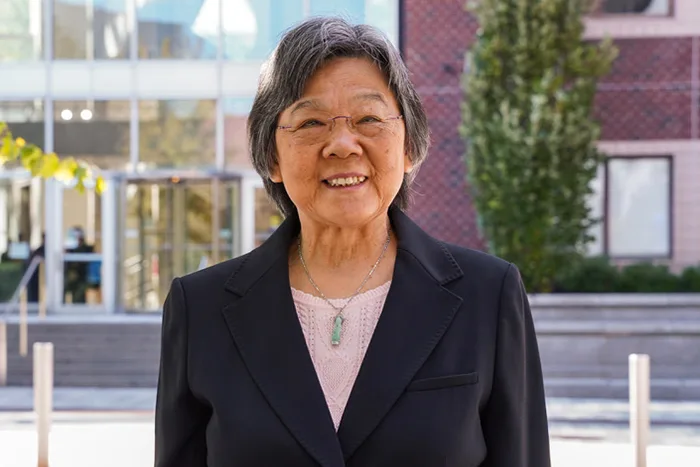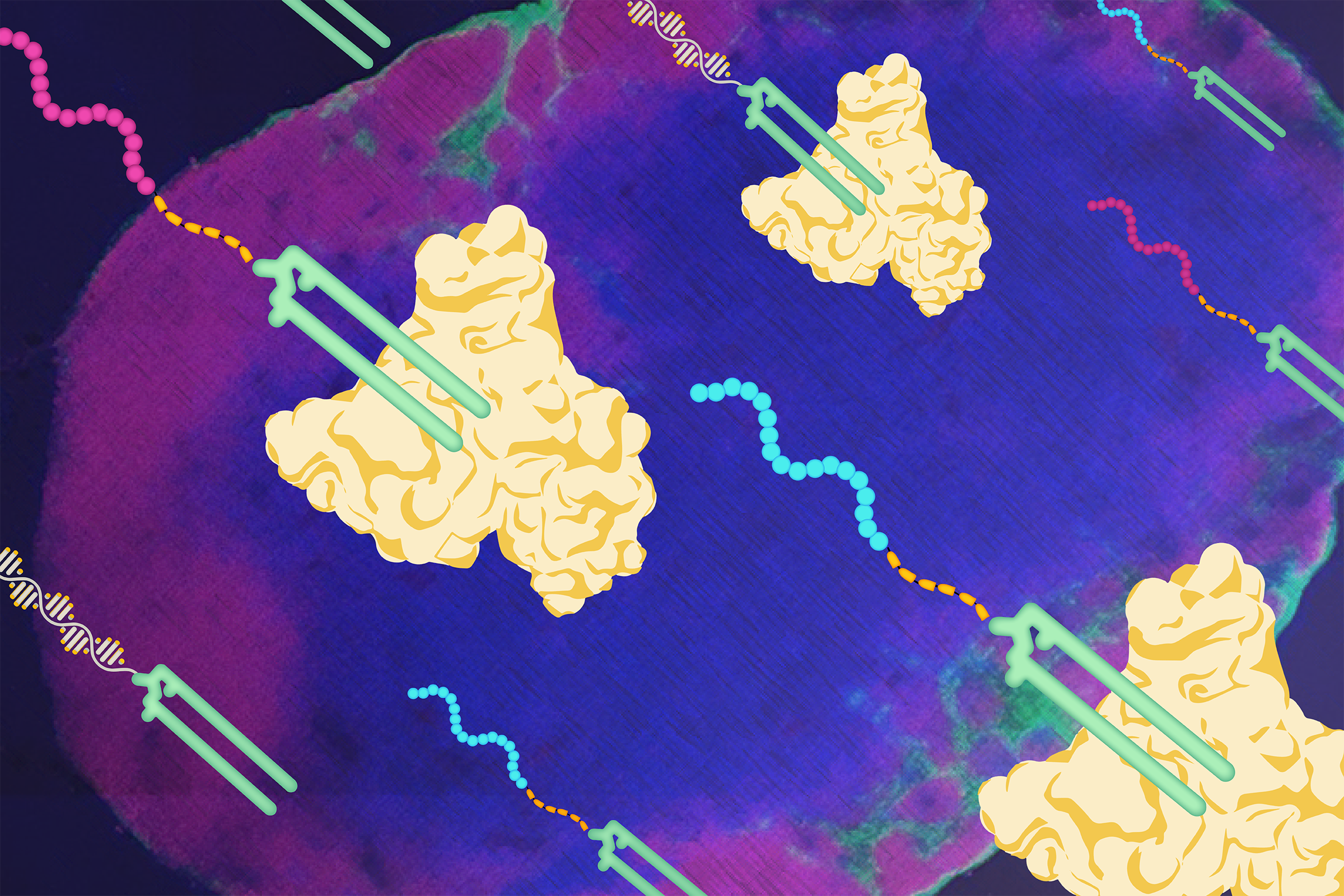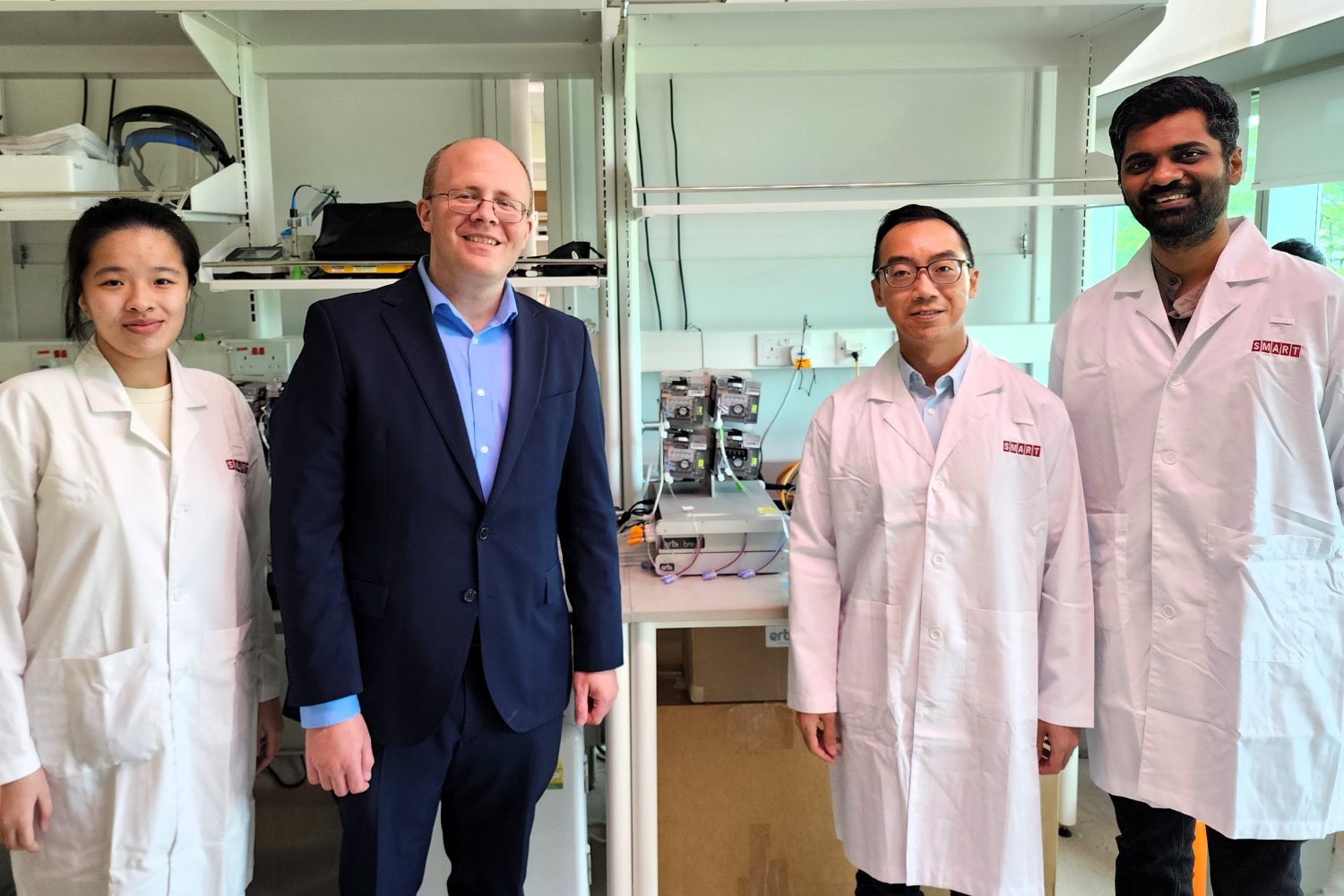Jane-Jane Chen, a prominent scientist, grew up in Taiwan where her passion for math and science blossomed, propelled by a government initiative to enhance education in these fields. After earning her bachelor’s degree in agricultural chemistry from National Taiwan University, she had her sights set on the United States for further studies, particularly in a scientific realm that piqued her interest.
However, the path to becoming a well-respected scientist, adorned with numerous National Institutes of Health (NIH) and National Science Foundation-funded research achievements, was not without challenges. Overcoming cultural barriers and geographical distance from her homeland required remarkable determination and resilience, especially in an era when female representation in science was starkly low.
Recently, Chen reflected on her illustrious career as a principal research scientist at the MIT Institute for Medical Engineering and Science (IMES), where she dedicated 45 years before her retirement.
At MIT, Chen gained recognition as a leading expert in blood cell development, particularly red blood cells. As Lee Gehrke, Hermann L.F. Helmholtz Professor and core faculty at IMES, noted, “Red cells are essential because they carry oxygen to our cells and tissues, requiring iron in the form of a co-factor called heme.” Chen’s research focused on the molecular mechanisms that allow cells to adapt to varying heme levels, thus ensuring proper blood cell production.
Throughout her tenure at MIT, Chen’s impactful research included significant findings related to the heme-regulated eIF2 alpha kinase (HRI), known for its role in translation regulation linked to anemia. Key contributions included:
- Cloning of the HRI cDNA, leading to important discoveries in both the erythroid and brain neuronal systems.
- In-depth analysis into the biochemistry of heme regulation regarding HRI.
- Creation of universal HRI knockout mice for studying HRI function in live subjects.
- Establishing HRI as a master translation regulator for erythropoiesis amid stress and disease.
Dr. Chen’s landmark discovery, the molecular cloning of the heme-regulated inhibitor protein (HRI), positions her as a significant contributor to gene expression studies under stress and disease conditions, as underscored by Gehrke.
Paving Her Path
In 1973, shortly after graduating, Chen earned a scholarship to pursue a PhD in biochemistry at the University of Southern California (USC). Coming from a university where the gender split was close to 50-50, she noticed a disparity in the United States, with female representation in her medical program hovering around 30 percent. Nonetheless, she was fortunate to encounter exceptional female mentors, including her advisor, Mary Ellen Jones, a distinguished biochemist and trailblazer in cancer research.
At USC, although she was among the few Taiwanese students in her program, she forged meaningful relationships with fellow female students, which provided invaluable support during her transition to American life. “It was particularly challenging being away from my family for the first time,” Chen recalls, reflecting on her sense of isolation. Her roommate, with a basic understanding of Chinese, helped bridge cultural gaps during those early years.
Chen’s scientific exploration began in Jones’ lab, where her first significant breakthrough revealed that the fourth enzyme of the pyrimidine biosynthesis pathway, dihydroorotate dehydrogenase, is localized in the mitochondria’s inner membrane. This discovery has implications for cancer treatment development, linking her work to significant advancements in medical science.
At MIT
After earning her doctorate, Chen completed a postdoctoral fellowship at the Roche Institute of Molecular Biology. In 1979, she married Zong-Long Liau, an MIT Lincoln Laboratory employee. Subsequently, she joined the lab of Irving M. London at MIT, where she continued her scientific journey in the Boston area, raising two sons alongside her husband.
Reflecting on her career, Chen expresses pride in her accomplishments as a female scientist recognized for her NIH-funded research contributions and as a mother. Her collaborations with esteemed scientists, including Gehrke and London, have significantly enriched her research experience. Chen acknowledges the supportive roles played by colleagues at Harvard Medical School and Boston Children’s Hospital, who guided her as she delved into hematology, far from her roots in biochemistry.
“Dr. Chen’s wisdom and mentorship will be missed,” states Elazer R. Edelman, professor of Medical Engineering and Science and former director of IMES. “Her legacy will continue to inspire future generations of scientists and leaders.”
In retirement, Chen views her next chapter as a work in progress, expressing intentions to finalize a scientific review article summarizing her decades of research. She is also contemplating a memoir to share her journey from Taiwan to MIT. Traveling back to Taiwan more frequently to reconnect with family, particularly her three younger brothers, is also on her agenda.
Grateful for the support she received during her career, she recalls a pivotal moment during her graduate studies when a senior female scientist advised her never to withdraw from research after starting a family. Inspired by this counsel, Chen maintained her connection to research throughout her life.
Photo credit & article inspired by: Massachusetts Institute of Technology



